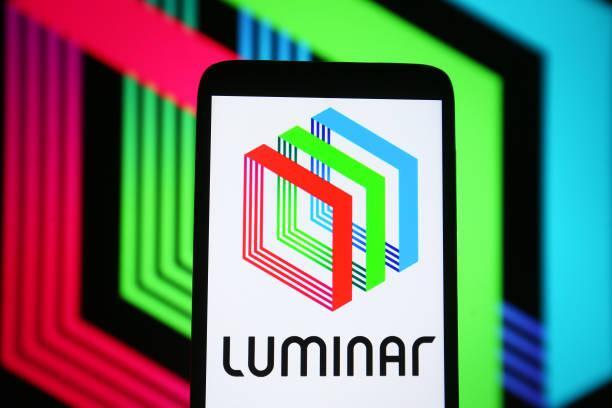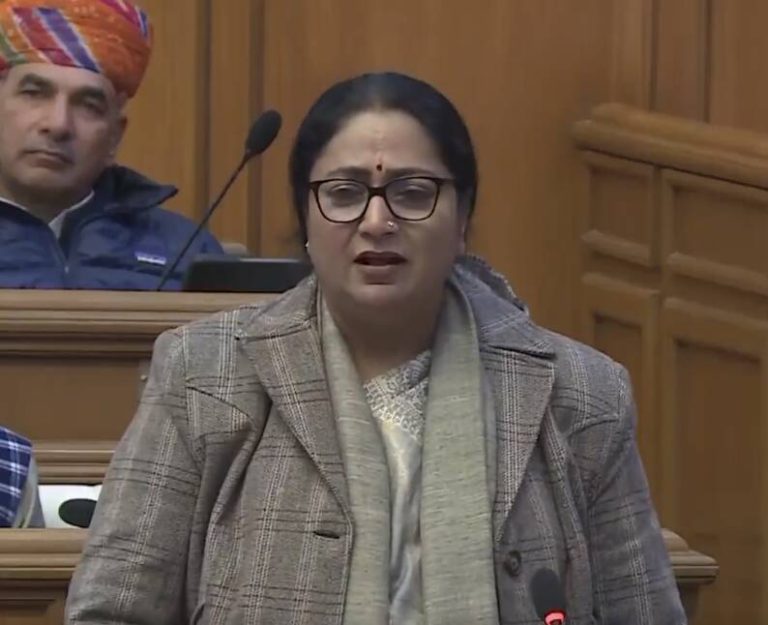
Luminar crashes to all-time low as Volvo cancels lidar deal
The autonomous vehicle sensor market has been experiencing a significant downturn, and one of the most prominent players, Luminar, has just hit an all-time low. The company’s stock price plummeted after Volvo, one of its major clients, canceled a five-year lidar supply deal. This news has worsened the already mounting crisis at Luminar, which has been struggling with financial difficulties, staff cuts, and regulatory probes.
The lidar supply deal with Volvo was a significant contract for Luminar, and its cancellation has sent shockwaves through the company. Luminar has been facing financial difficulties, having defaulted on loans and cut 25% of its staff in an effort to reduce costs. The company is also facing probes from the Securities and Exchange Commission (SEC) and is conducting its own internal ethics investigation. These challenges have raised concerns about the company’s ability to continue operating, and the cancellation of the Volvo deal has only added to the uncertainty.
The impact of the canceled deal on Luminar’s stock price has been immediate and severe. Shares fell 4.6% to $0.87, an all-time low, before experiencing a small rebound in after-hours trading. This decline in stock price reflects the market’s loss of confidence in Luminar’s ability to recover from its current crisis. The company’s financial difficulties, combined with the loss of a major client, have raised concerns about its long-term viability.
The cancellation of the lidar supply deal with Volvo has also triggered a manufacturing dispute. Luminar has halted spending on Volvo-related sensors, which has led to a disagreement with its manufacturing partners. This dispute has further complicated the company’s already difficult situation, making it even more challenging for Luminar to recover.
The autonomous vehicle sensor market is highly competitive, and Luminar’s struggles have created opportunities for its competitors. Other companies, such as Velodyne and Innoviz, have been gaining traction in the market, and Luminar’s decline has only accelerated their growth. The cancellation of the Volvo deal has also raised questions about the viability of Luminar’s business model, which has been based on supplying lidar sensors to major automotive manufacturers.
Luminar’s crisis has also raised concerns about the broader autonomous vehicle industry. The development of autonomous vehicles relies heavily on the availability of reliable and affordable sensor technology, and Luminar’s struggles have highlighted the challenges of bringing this technology to market. The company’s difficulties have also raised questions about the ability of other autonomous vehicle companies to overcome the technical and financial challenges associated with developing and deploying autonomous vehicles.
In conclusion, Luminar’s stock has crashed to an all-time low after Volvo canceled a five-year lidar supply deal, worsening a mounting crisis at the sensor maker. The company’s financial difficulties, staff cuts, and regulatory probes have raised concerns about its ability to continue operating, and the cancellation of the Volvo deal has only added to the uncertainty. The impact of this news on the autonomous vehicle sensor market and the broader autonomous vehicle industry will be closely watched in the coming weeks and months.
As the autonomous vehicle industry continues to evolve, it is clear that companies like Luminar will play a critical role in its development. However, the challenges faced by Luminar highlight the difficulties of bringing this technology to market and the need for companies to be resilient and adaptable in the face of adversity. The future of Luminar and the autonomous vehicle industry remains uncertain, and only time will tell if the company can recover from its current crisis and regain its position as a leader in the market.






